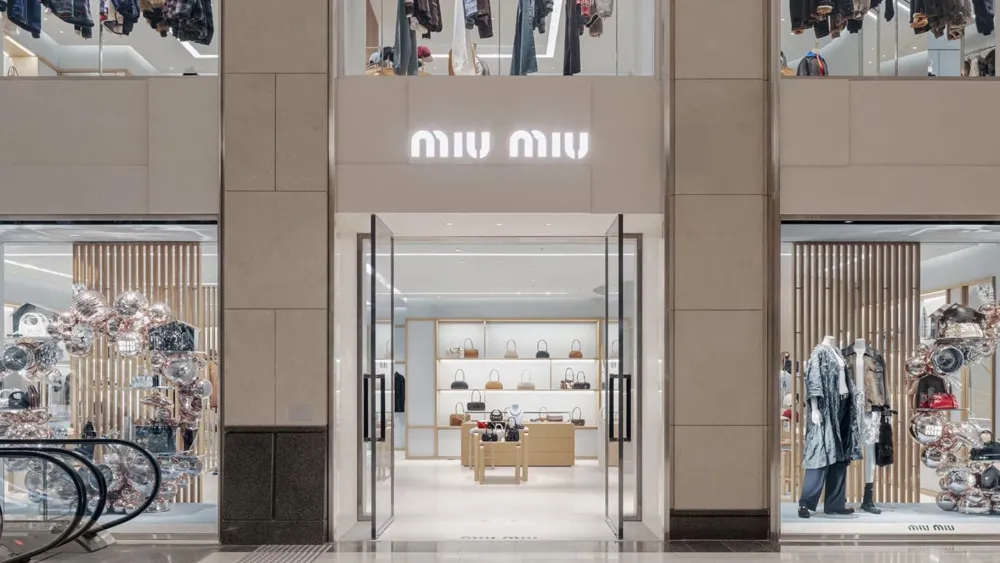
Japan’s retail sector enjoys foot traffic recovery in Q1
Second-hand luxury goods businesses saw solid demand in the quarter.
Despite weaker consumer sentiment due to rising commodity and energy prices, Japan’s retail sector enjoyed a recovery in foot traffic while property leasing demand in the industry remained strong in Q1 2022, according to a report from CBRE.
The report noted that demand to open new stores was strong, with retailers looking for space in Tokyo Omotesando and Osaka Shinsaibashi. Tokyo Ginza saw solid relocation demand from high-performing retailers looking to upgrade to better locations along high streets.
CBRE expects nationwide rents to return to growth in Q3, rising by 0.6% YoY. The report noted that despite a weaker yen and rising inflation weighing on purchasing power, affluent consumers will remain largely unaffected, which should spur further expansion by luxury goods stores.
“Several new projects have experienced delays to interior fitout work due to rising material prices and disruption to imports. This may force other new openings to be pushed back by several months,” the report added.
For segments, second-hand luxury goods retailers in the country displayed solid demand this quarter and were observed to be seeking high street units in non-prime areas due to the relatively lower rents on offer, CBRE noted.
Athleisure and sports brands also remained a key source of leasing activity, with selected groups seeking larger sized spaces along high streets, CBRE said. However, many such retailers are taking their time to secure a location as they remain highly sensitive towards rents.
“F&B demand remained relatively weak as most groups are reluctant to commit to expansion amid ongoing market uncertainty. However, conveyor belt sushi along with local and Korean barbeque restaurants are still displaying solid requirements thanks to strong consumer demand,” the report noted.
International brands, particularly those in the sports, luxury watch and luxury accessories segments, continue to target Japan due to the region's more attractive growth prospects compared to North America and Europe, the report stated.
Moreover, whilst high street landlords are not providing incentives, CBRE noted that more owners in secondary areas are displaying flexibility regarding lease terms to fill vacant units and to ensure they do not need to reduce face rents.
“As some tenants have limited budgets for renting larger sized units, in some cases landlords have agreed to subdivide properties into smaller units in order to make it more affordable for tenants and avoid reducing total rents,” the report stated.



















 Advertise
Advertise







